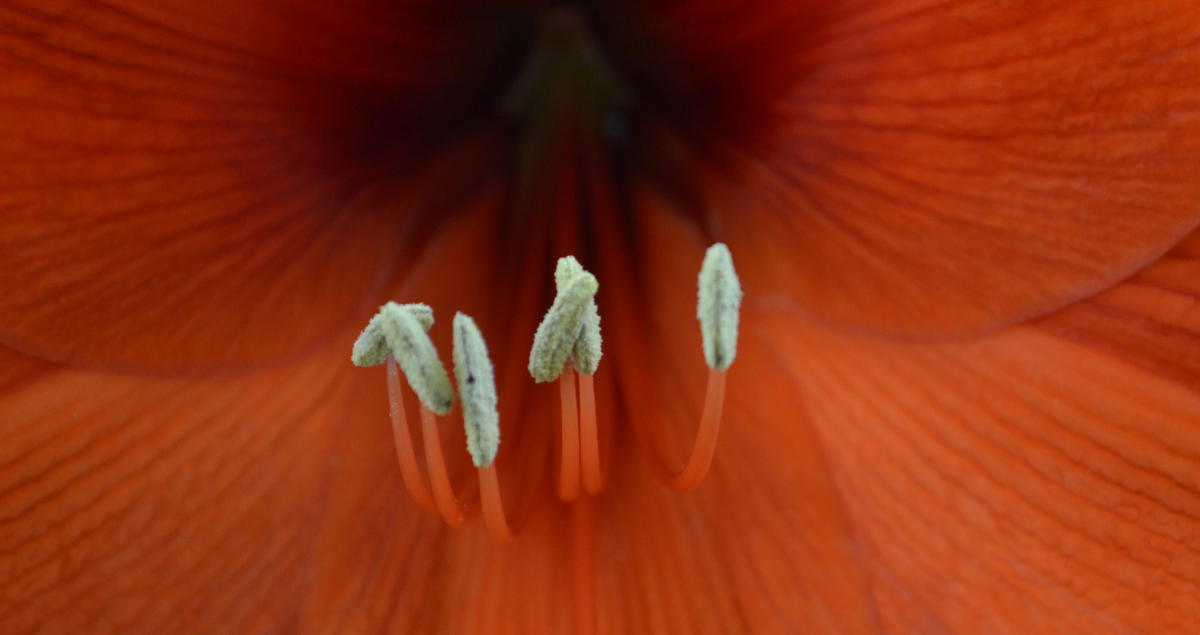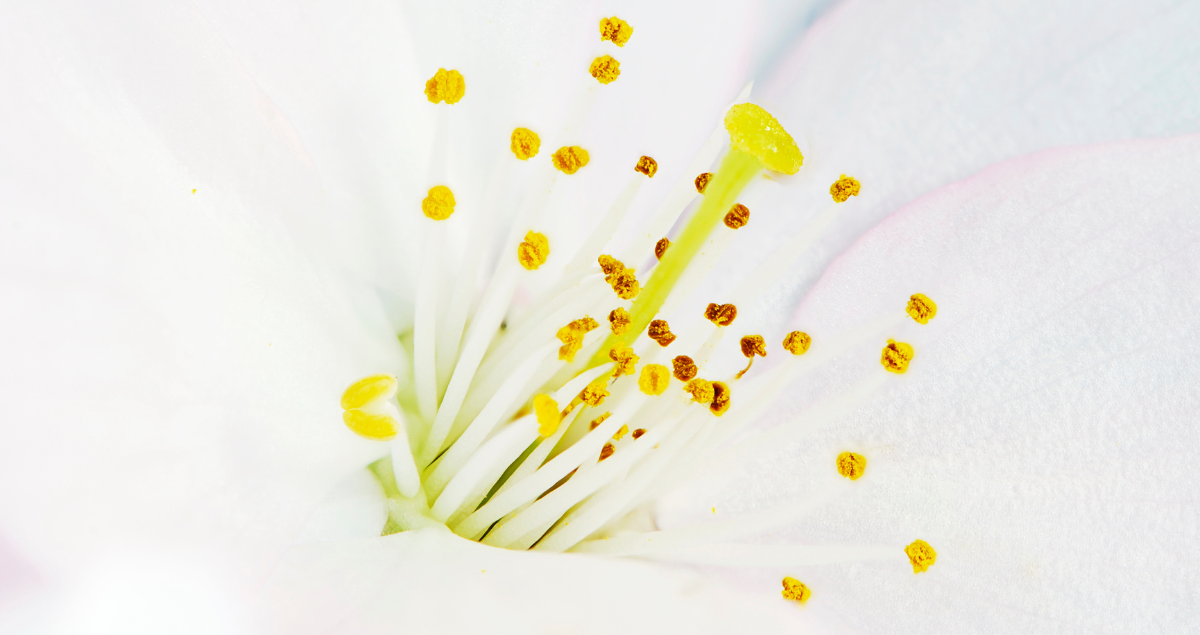
Anther Culture: A High-Throughput Method for Haploid Plant Production
As a content and community manager, I leverage my expertise in plant biotechnology, passion for tissue culture, and writing skills to create compelling articles, simplifying intricate scientific concepts, and address your inquiries. As a dedicated science communicator, I strive to spark curiosity and foster a love for science in my audience.


What is Anther Culture?
Anther culture is a type of tissue culture technique used to produce haploids and dihaploids. It is simpler than the pollen culture technique. It uses microspores or anthers for plant regeneration.
The first successful report of anther culture was published in the 1970s by Guha and Maheshwari on pollen grains of Datura. Since then it has been used in numerous species (around , mainly rice (O. sativa) and tobacco (N. tabacum).
During the process, the anthers are excised at a critical stage from an unopened flower bud aseptically. Then, they are cultured on a nutrient medium for the formation of callus tissue or embryoids that give rise to haploid plantlets through embryogenesis or organogenesis.

In this article, we will cover more on the procedure of anther culture, the benefit of producing haploids, applications of anther culture, and its advantages and disadvantages.
How To Perform Anther Culture?
Here’re general steps to anther culture:
- Select unopened buds of about 17-22mm length, ensuring that the size of the sepal is equal to the petal size.
- Transfer the buds to sterilized airtight plastic bags.
- Move the selected buds to the laminar airflow chamber for surface sterilization.
- Surface sterilize the buds with 70% ethanol for 10 seconds and 20% sodium hypochlorite for 10 minutes.
- Wash the buds three times with distilled water.
- Transfer the buds to a sterilized Petri plate.
- Separate the stamen from the bud using a scalpel.
- Remove the filaments from an anther.
- Transfer the anther onto a solid or liquid nutrient medium and incubate it for 3-4 weeks at 24-28°C in the dark.
- Haploid plantlets will appear from the anther culture within 3-4 weeks through embryogenesis and organogenesis.
- Incubate the culture at 24-28°C for 12-18 hours in light and 6-12 hours in the dark.
- Once the plantlets reach about 50mm tall, transfer them to a pot containing bio compost followed by washing.
- Cover the pot with a sterilized glass beaker and remove it after some weeks to transfer the plant to a larger pot.

Some factors affecting the anther culture include:
- Genotype of the donor plant: Some plant species or varieties respond better than others. Thus, the genetic makeup of the plant matters a lot in how anthers respond to the in vitro environment.
- Anther wall: It provides nourishment during the developmental stages of the anther.
- Anther stage: Pre-mitotic, mitotic and post-mitotic stages are preferred stages for anther culture.
- Physiological status of donor plant: Buds from younger plants are preferable for anther culture.
- Anther pretreatment: Pretreatment of flower buds with high-temperature stimulate embryogenesis. For example, the bud of Nicotiana tabacum undergoes a pretreatment at a temperature of 5°C for a period of 72 hours.
- Temperature and lights: To stimulate embryogenesis, anther culture requires optimal conditions that involve culturing at high temperatures (35 °C) for up to 48 hours. However, the suitable temperature varies for each plant. For example, the ideal temperature for the production of embryoids in Datura stramonium is 20°C, while for Nicotiana tabacum it is 25°C.
- Culture medium: The induction of haploid plants in the culture medium is reliant on essential elements such as sucrose, iron, vitamins, coconut milk, and hormones/growth regulators (such as auxins or cytokinins).

How Does Haploid Production Help Plants Growers?
Haploids are useful because of many reasons, some of which include:
- Elimination of plants with lethal genes from the gene pool.
- Since haploids carry only one allele, any recessive mutations and characteristics are apparent in the process.
- Haploids allow the production of homozygous diploid plants.
- Haploid production shortens the time for inbreeding for superior hybrid genotypes.
- Breeding experiments typically require a lengthy period of time, ranging from 5 to 20 years, to develop new varieties or improve existing ones. In contrast, producing haploid plants can significantly reduce the time (by 2-6 years) required for various stages of crop improvement.

Applications of Anther Culture
Here’re some popular applications of anther culture:
- Massive application in mutation studies and cryogenic studies.
- To study secondary metabolite content
- Extensive application in crop improvement and plant breeding.
- Enables the rapid development of homozygous inbred lines, without the need for traditional selfing methods such as bud pollination which can be time-consuming.
- Anther culture has application in transformation or transgenic plant formation, which can be done in lesser time compared to conventional approaches.
- Haploids can be used to produce monosomies, nullisomics, and other aneuploids.

Advantages and Disadvantages of Anther Culture
Advantages
- Simple technique
- Less time consuming
- A high frequency of haploid plants, which is easily identified by their smaller sterile flowers.
- Easy to induce cell division in most species
- No requirement for a very high level of expertise.
- Not all plants produced are haploid
- It is hard to remove the anthers in some species
- Moderate expertise is needed
- In cereals and other monocots, albinism is frequent.
- There’s a risk of chimera and callus formation from the anther wall.

INTERESTED IN LEARNING TISSUE CULTURE TECHNIQUES FOR YOUR PLANT BUSINESS? WE CAN HELP!
Plant Cell Technology is a leading provider of tissue culture products and services. It offers tissue culturists like you all the products you need to perform your in vitro experiments, ranging from MS media, agar, gellan gum, and culture vessels, to hormones and our proprietary product plant preservative mixture (PPM).
Further, if you’re stuck at any stage of the tissue culture process, you can use our consultation services to have a video chat with our tissue culture expert. He will give you an instant potential solution to your problems to keep your lab experiments running!
And, if you are new to the area and interested in growing your plant business using this amazing technology or want to learn this propagation technique as a hobbyist, you can join our tissue culture master class. The classes are curated to turn you into a tissue culture pro. They are leas by tissue culture experts in the area who teach you how to efficiently use the technology for your use.
Blog Categories
View by Level
Popular Blogs

The Technical Intersection of Tissue Culture and Genome Editing
Introduction The ability to modify a plant's genetic code has progressed at a remarkable rate. With the advent of CRISPR-based...
Read More
The Science of Better Multiplication and Rooting in Tissue Culture
Every tissue culture hobbyist or professional eventually hits a plateau. You have a protocol that works, you have your medium...
Read MoreSubscribe to Our Newsletter
1 comment
Your content are very helpful maam and i can very easilly understanding.







Join the conversation
Your email address will not be published. Required fields are marked